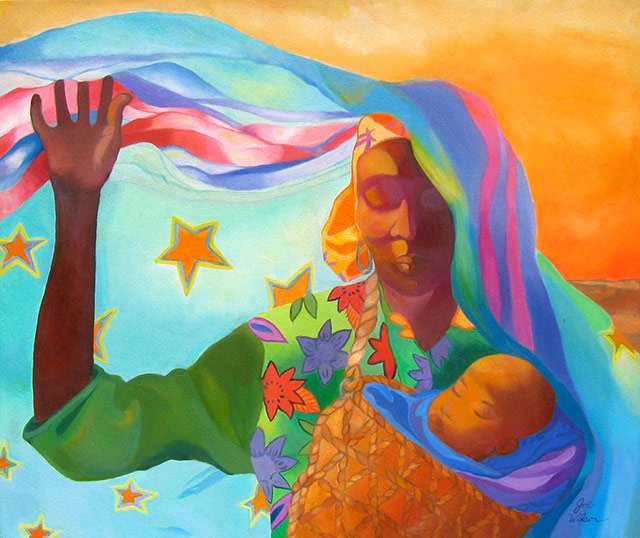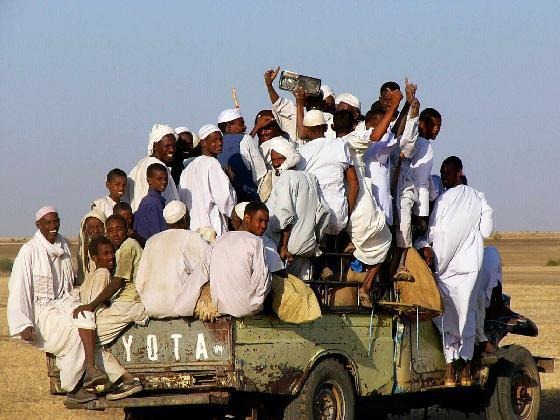SUDANESE CULTURE: Social solidarity and extended families
If you are Sudanese and reading this, I can assure you that if we have a long enough tête-à-tête, we will find common acquaintances, friends, or we might even be related. I might be exaggerating a little, but it is very probable that we’ll find a connection somewhere.
The “one degree of separation” is a trait and an essence of Sudanese culture, where it feels like everyone is a friend of a friend. I personally think that this is a result of our extended families.
Extended families in Sudan connote having hundreds, and probably thousands of relatives. As excruciating as that sounds, they are still family. Close friends and neighbors are also considered to be a part of the extended family. This results in large social networks and strong social solidarities.
This social solidarity makes a few cultural faults easier to live with. For example, Sudanese weddings have become events where scarce money is spent lavishly. However, people seem to ignore the lump sum amounts which are given to the newlyweds by friends and family. Italians call it buste, where the bride carries a bag called la borsa and guests put money in it. In Sudan we have Al Kashif, where friends and family create lists and write their names and the amount of money each will give to the newlyweds. True, if it wasn’t for the extended families, weddings wouldn’t cost quite as much, but without them the celebrations, the good times and the fun wouldn’t be as much either.
Extended families play a similar role in funerals as well as other social events. They don’t just support with money, they also give their time and effort to be as much help as possible in these occasions. True, sometimes they get too involved, but they sure do help get things done.
By adding someone to your extended family, you are agreeing to an unwritten code where both parties are obliged and expected to always attend the other’s events, no matter what. In sickness and in health, till death do you part – actually, after death too. In the event that these obligations are not fulfilled by either party, expect excessive blame – in your face and/or behind your back. Shakespeare once said that ‘expectation is the root of all heartache’.
A key point worth mentioning is that extended families have their own extended families too; and you know what, you get access to their services and support when you need it, whether it be information, nepotism, discounts – on tuition fees or singers – and the most commonly used, someone to speed up – or eliminate – bureaucratic work. A friend of a friend is obliged to help. It’s written in the unwritten code.
A lot of time and effort is spent on social obligations in Sudan, and these social obligations are probably holding back the country’s productivity levels, but this is our Sudan. Imagine having a wedding or a funeral with only 50 people attending, a faux pas, it is simply not Sudanese. Maintaining social solidarity and close ties with extended families, that is Sudanese.





Unfortunately, our generation doesn’t see it necessary to bother about extended family. If they even know who their first cousins are, it’s a miracle. Going to funerals and weddings to help out is a matter of the past, and even visiting sick relatives at the hospital. It’s not about avoiding blame; it’s about being there for people when they need you, and the gratitude that results from it is overwhelming. I don’t remember most the people who attended my close relative’s wedding, but I remember everyone who was there in my grandmother’s funeral, and I will be eternally grateful for their unconditional help and support in those black and miserable days. Silat alra7im is an extremely important part of our religion and culture, and we need to remember that.
Thank you for this post.